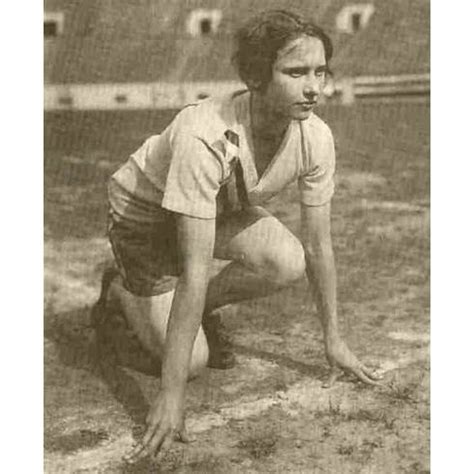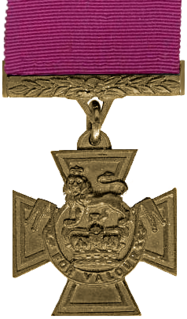A Quote by Michael Portillo
There's much about the British Raj which I think is disreputable. It was rapacious; it was a sort of kleptocracy, and it was also racist. Indians were not treated as equals.
Related Quotes
We need to give out portrayal of ourselves. Every non-Indian writer writes about 1860 to 1890 pretty much, and there is no non-Indian writer that can write movies about contemporary Indians. Only Indians can. Indians are usually romanticized. Non-Indians are totally irrepsonsible with the appropriation of Indians, because any time tou have an Indian in a movie, it's political. They're not used as people, they're used as points.
But we came for the Kennedy Center Awards, which was an incredible honor. Being a British person, I was bestowed this honor. And my partner and I, David, came. And we were so pleasantly surprised by George Bush and his knowledge of AIDS. He really - he treated David and I - and Laura - treated us like - they were so friendly and so courteous.
All I try to do is portray Indians as we are, in creative ways. With imagination and poetry. I think a lot of Native American literature is stuck in one idea: sort of spiritual, environmentalist Indians. And I want to portray everyday lives. I think by doing that, by portraying the ordinary lives of Indians, perhaps people learn something new.
One of the prime backers of land bill was a Republican Congressman, a Paul Gosar. And when he was challenged by an Apache on this bill, he said, well, you know, Indians are wards of the federal government. This happened recently.That congressperson is obviously stuck in the 19th century when he thinks about Indians. How is that person going to legislate and treat Indians fairly and respect their rights when he has this sort of infantilized image of Indians as not being, you know, up to the same level of responsibility as everybody else?
When I would knock about the town in London, I was doing it with my head down, walking very quickly and it had become the norm for me because I'm recognized there. And people are not unkind but occasionally there's a sort of British who do you think you are sort of, I don't really think I'm anybody. I just go about my normal day. But sometimes you're faced with that.































